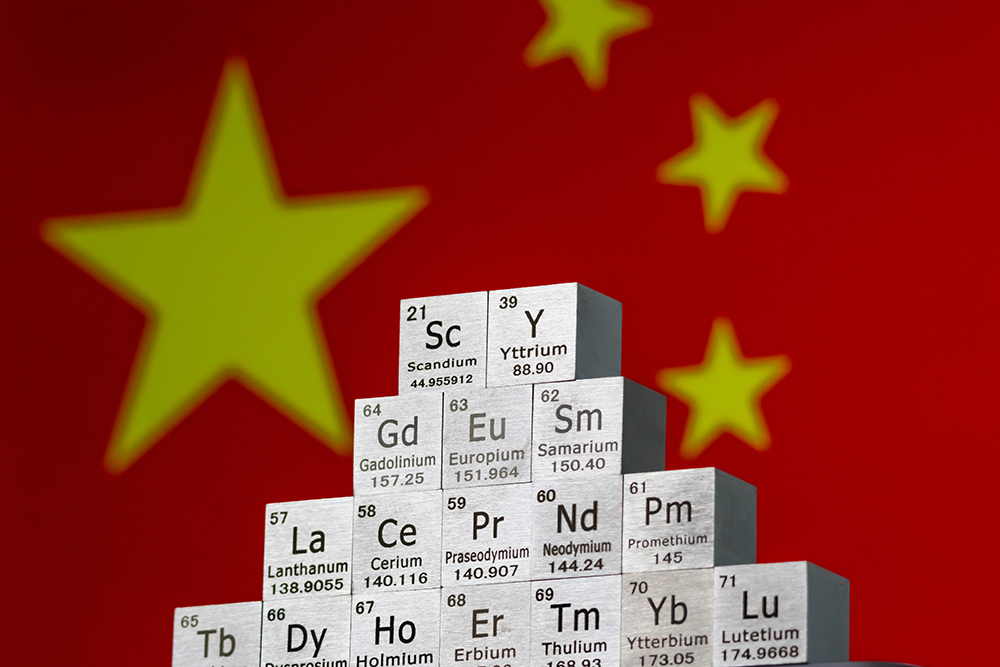They are too expensive. There are not enough of them on the market. It’s too much hassle to charge them. There are lots of reasons why people are still reluctant to switch from gas to electric cars, with their cost right at the very top of the list.
Still, with the world about to be flooded with cheap Chinese electric vehicles (EVs), that is about to change. You might think that anyone seriously worried about combating climate change would welcome that. Except now it turns out that the European Union, for all its rhetoric, cares more about protecting its own auto industry and is planning to slap tariffs on Chinese imports.
The trouble is, tariffs will slow down the adoption of EVs, and make it harder to hit net zero
Ursula von der Leyen’s state of the union address yesterday was full of the usual self-congratulatory guff about closer cooperation, and deepening the union. It, however, did contain one nugget of news.
The EU is launching an “investigation” into whether China’s EVs have received subsidies from the state. For an organization that has been loudly boasting about how much it is spending on “green industries,” such as new types of vehicles and the batteries that power them, it seems, to put it mildly, just a touch hypocritical to “investigate” China for doing exactly the same thing. Even so, there is little doubt about what will happen next. The subsidies will be “found” and tariffs applied. Indeed, China has already started complaining about just that.
Sure, of course on one level we can see what the EU is worried about. While companies such as Tesla led the way in the early shift to EVs, China is about to overtake everyone else. BYD has already surpassed Tesla as the world’s largest manufacturer in the industry, and a whole generation of new Chinese brands are launching impressive, cheap models around the world.
With the Chinese manufacturers charging around $12,000 per vehicle compared with $35,000-plus for European rivals, it is not hard to see that they will soon dominate the global industry. To protect Volkswagen, BMW and Renault, tariffs will have to be applied. The trouble is, that will slow down the adoption of EVs, and make it harder to hit net zero.
In reality, when Europe’s political elite went all in on prioritizing climate change over everything else it failed to notice that this would hand China clear industrial leadership. China already dominates global production of solar panels (at least 75 percent), wind turbines (70 percent) and heat pumps (40 percent). Very soon it will dominate EVs as well.
At some point, the EU will have to decide about whether it cares more about climate change or protecting its industrial base. Very soon this conflict will be too obvious to sweep under the carpet.
This article was originally published on The Spectator’s UK website.

























